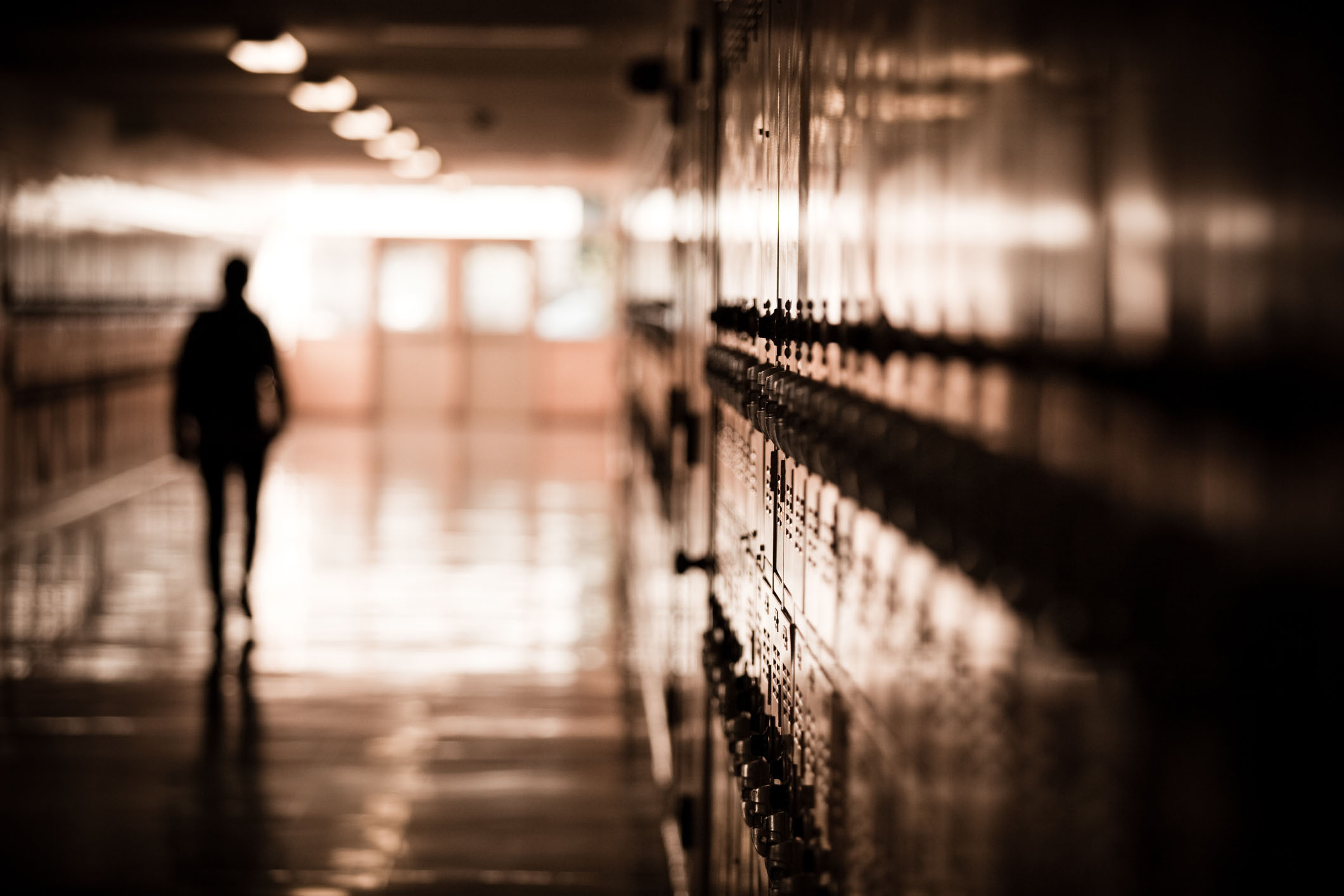
I didn’t expect to talk about the alarming rise in antisemitism when I joined friends and community members at the 2024 Jewish Educator Awards luncheon on Tuesday, a project of the Milken Family Foundation in partnership with Builders of Jewish Education (BJE) that has been honoring educators since 1990.
Indeed I was looking for a break from the bad news, and the Educator Awards luncheon always delivers. First, it honors the unsung heroes of our community— the teachers in Jewish day schools. And second, it brings the community together by honoring educators from across the denominations, from Reform to Ultra-Orthodox. (I don’t know of any other event where they all get to break bread together.)
But as upbeat as the luncheon was, I was interrupted by whispers of a troubling development at another educational conference—this one the National Association of Independent Schools (NAIS) People of Color Conference that took place last week in Denver. Evidently, several speakers used their time to accuse Israel of genocide and used extreme, biased anti-Israel rhetoric, including downplaying the Hamas terror attack on Oct. 7, 2023.
In a letter to the president of NAIS, the leaders of four major Jewish groups– ADL (the Anti-Defamation League), American Jewish Committee (AJC), Jewish Federations of North America and Prizmah: Center for Jewish Day Schools—“expressed concern that Jewish students and faculty attending the NAIS People of Color Conference were subjected to a hostile environment of extremely biased anti-Israel and antisemitic remarks time and again by multiple speakers, and had no choice but to watch as their peers applauded those tropes.”
Given what we’ve seen this past year, this “extreme bias” should not shock us. Still, it’s astonishing to think that a conference that billed itself as “Meeting the Moment: Anchoring and Enriching Our Education Futures,” would so normalize antisemitism and impoverish rather than “enrich” education.
“It’s so far gone,” was the succinct reaction of an educator who sat at my table, commenting on this latest low point.
And yet, as the luncheon progressed, I found myself connecting a few dots. I thought of the enormous resources the Jewish community has brought to the fight against antisemitism, and how it often feels as if we’re pushing water uphill. We should never shrink from the fight, of course, but it’s still disheartening to see that the more we fight, the worse things seem to get.
What I saw at the luncheon was a different kind of fight—fighting by teaching. A Jewish education is not a set of talking points one reads on an activist pamphlet on a college campus. It is years of learning and integrating the knowledge and wisdom that have sustained our people for millennia.
Whether they realized it or not, the Jewish Educator Awards were demonstrating an antidote to antisemitism—nurturing Jewish students who could represent their people with pride based on knowledge of their story and their tradition.
As Milken Head of School Sarah Shulkind notes in her thoughtful Journal essay, incidents like the blatantly anti-Israel and antisemitic remarks at the NAIS conference are not just bad for Jews—they’re bad for all students and faculty. Instead of instilling open-mindedness and curiosity, they push indoctrination. It’s not only “abhorrent Jew hate [that] was normalized,” she writes, it was “educational malpractice [that] was on display.”
In other words, “so far gone” is not just a cautionary tale for Jews; it’s also a cautionary tale for American education.
“Where, in our classrooms, can you still find respectful debate on substantial issues of principle?” Shulkind asks. “When did education become about repetition of the teacher’s belief, the sorting of everything into binaries good/evil, oppressor/oppressed, victim/aggressor?”
The ancient Talmudic tradition of Jewish learning has taught us to evaluate texts from many different viewpoints. The Talmud itself is a 600-year conversation among the Sages debating the biggest to the smallest issues. A day school education is our last modern link to that wisdom tradition.
How ironic that the theme of the NAIS conference— “Meeting the Moment: Anchoring and Enriching Our Education Futures”—was more appropriate to the luncheon I attended.







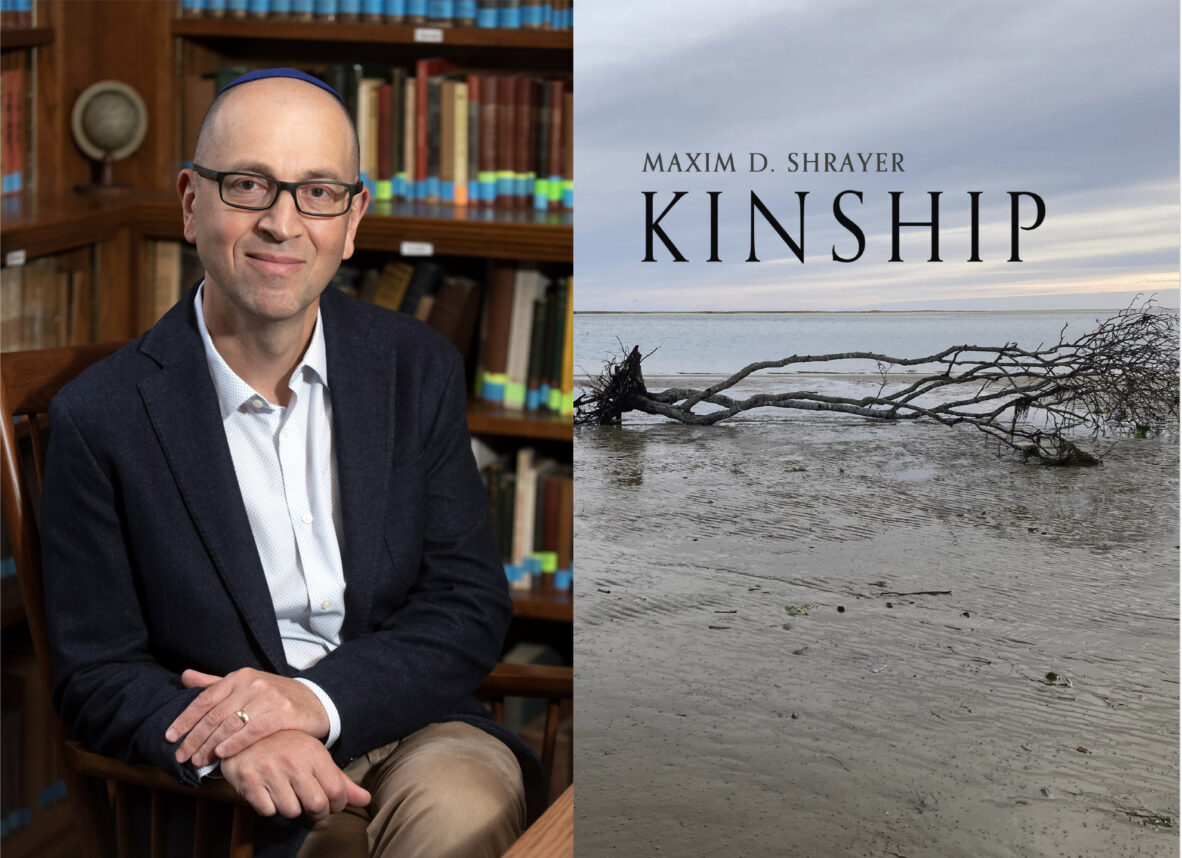
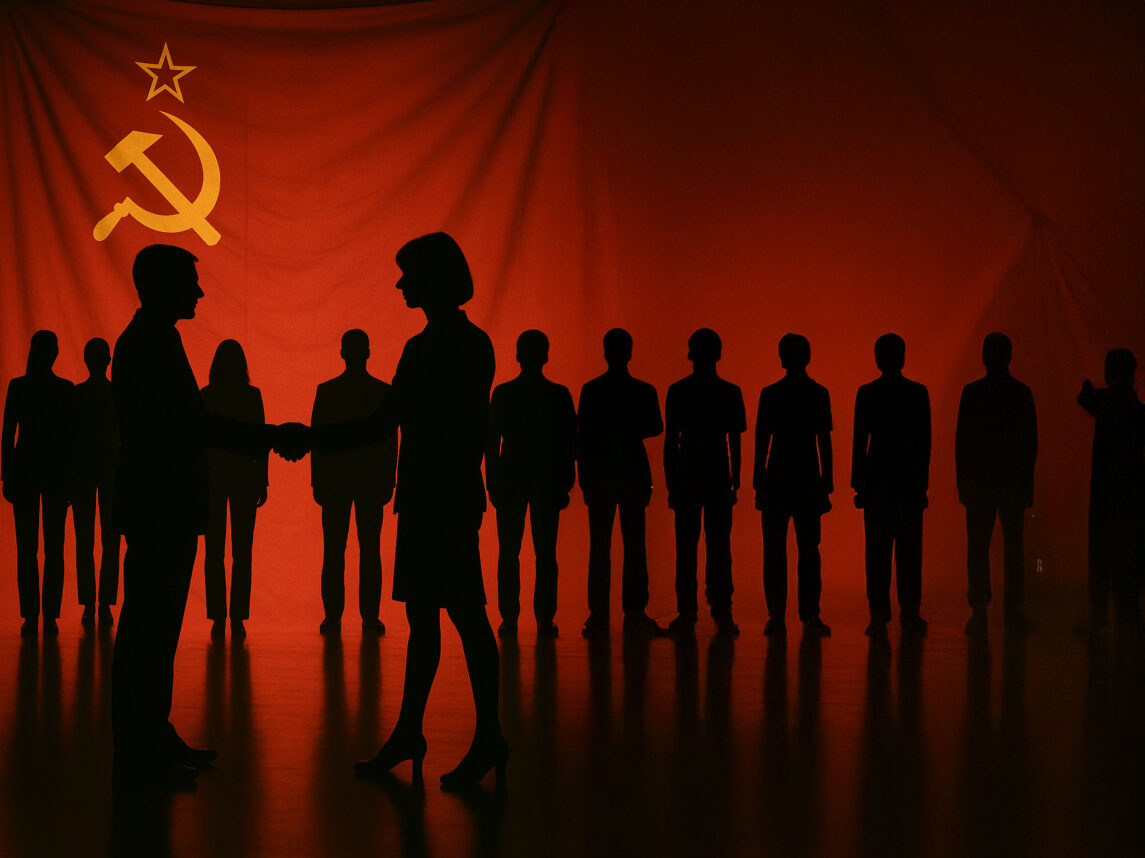




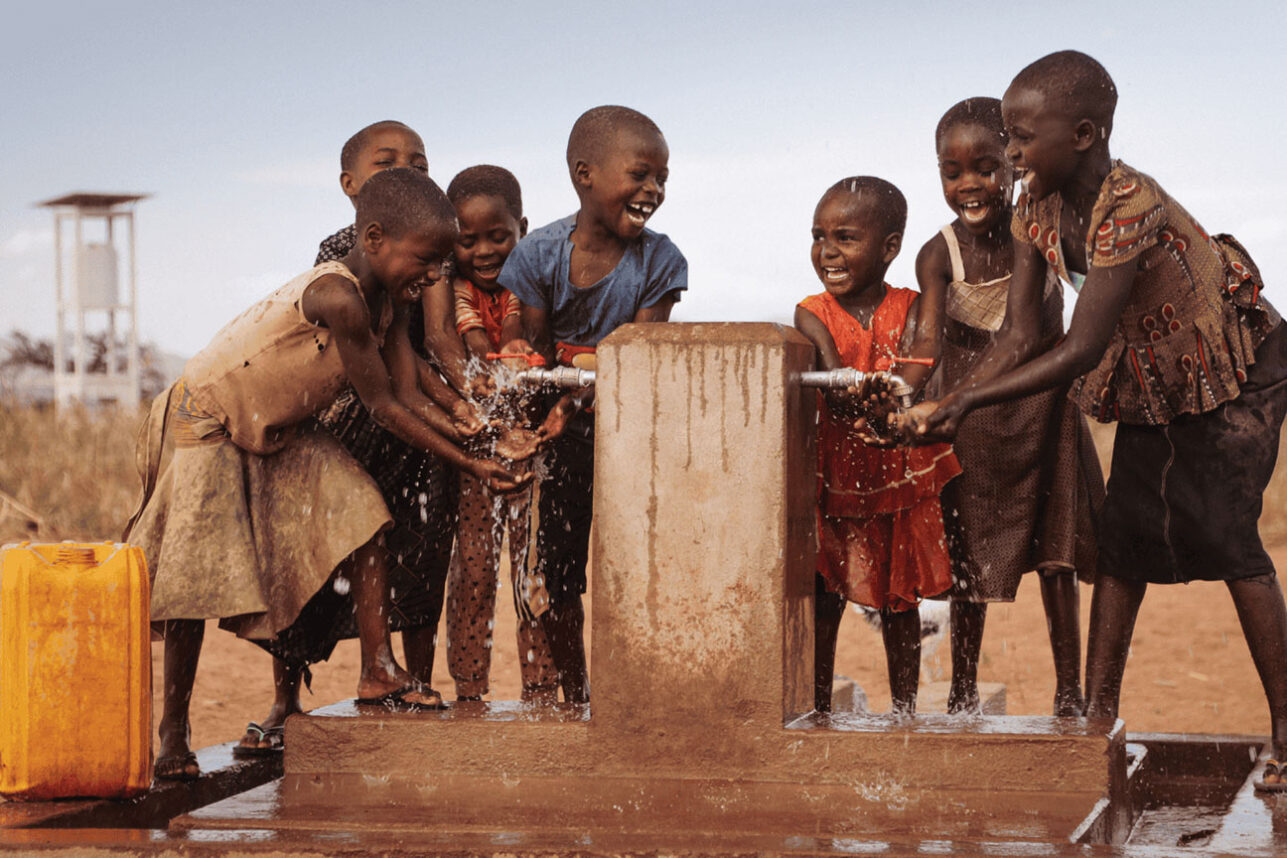
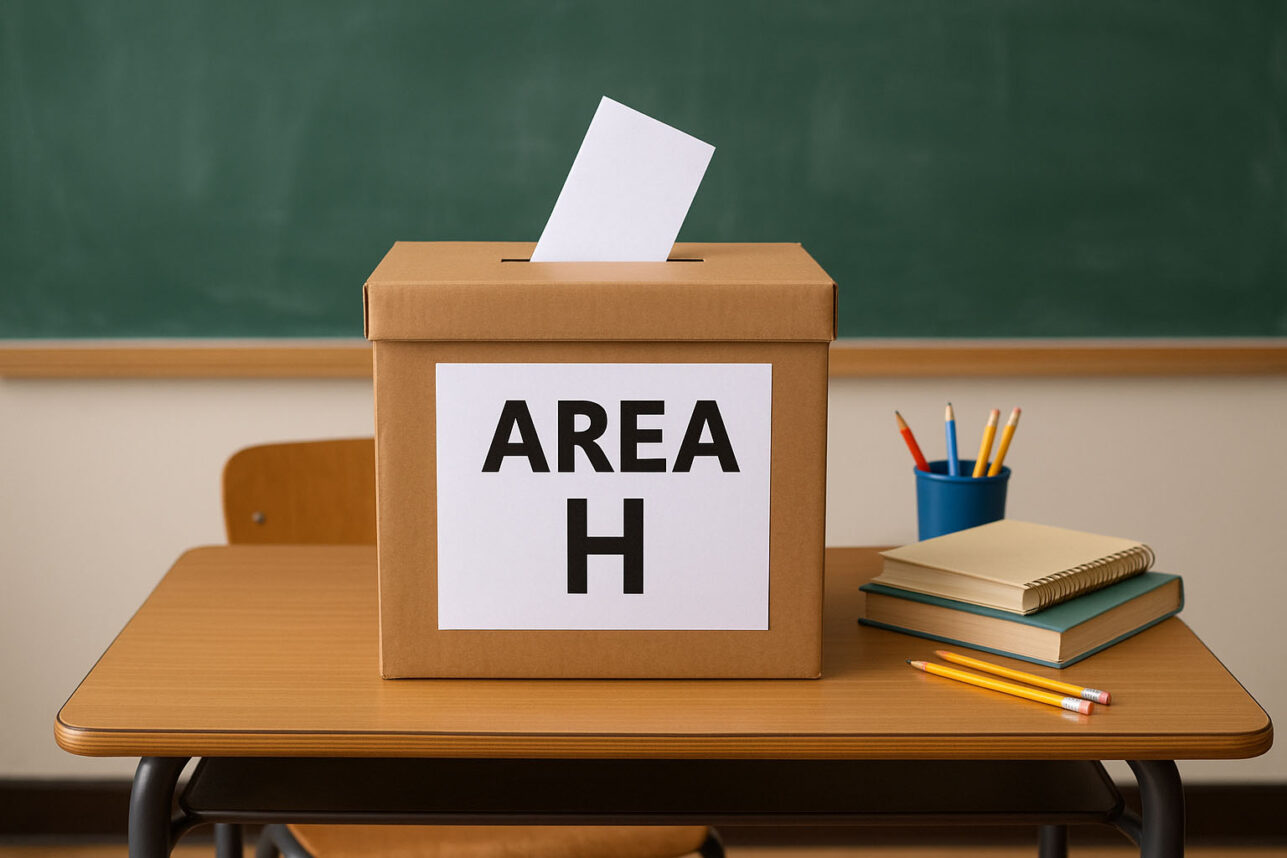
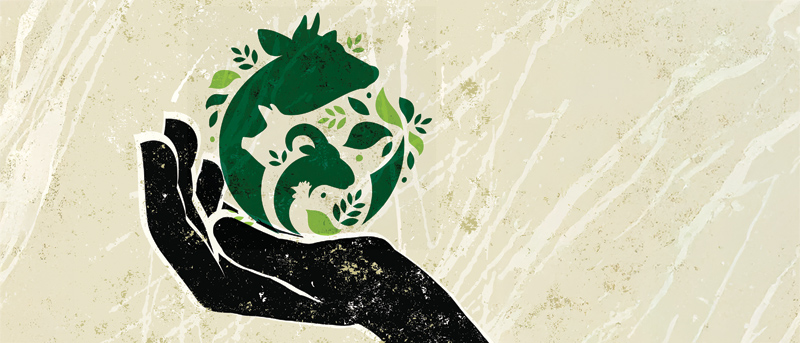
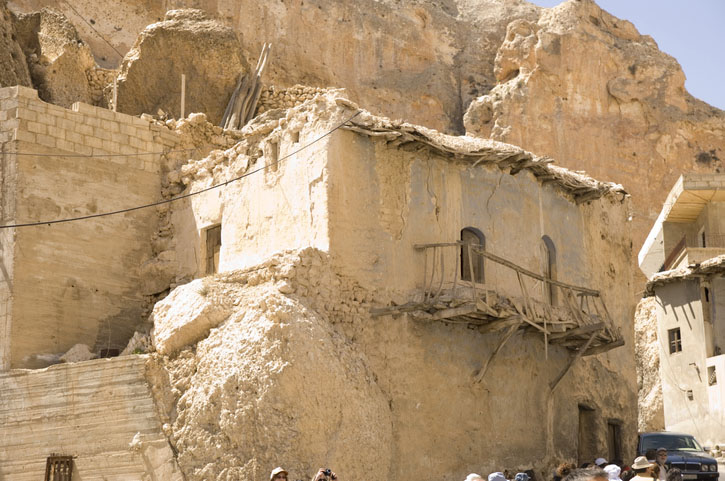







 More news and opinions than at a Shabbat dinner, right in your inbox.
More news and opinions than at a Shabbat dinner, right in your inbox.